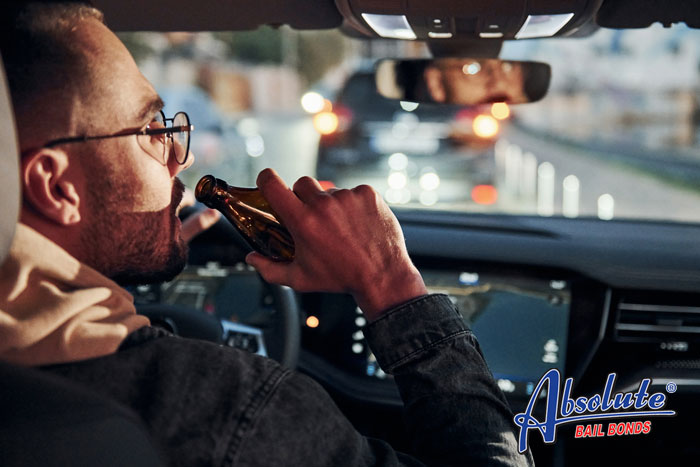
Wet and Reckless in California
If you’ve never heard of a wet and reckless charge in California, you’re not alone. Very few people are aware of them. Most of the people who do know about wet reckless driving offenses are lawyers who specialize in DUI cases.
What is a Wet Reckless Driving Charge in California
A patrol officer won’t write a wet reckless ticket. The only way you’ll ever get such a thing is if you’ve been arrested for a DUI in California and your lawyer can talk it down to a wet reckless charge. The fact that it’s not a traditional driving violation is the reason so few people have even heard of wet reckless driving.
A wet reckless charge is a plea agreement the California lawyers use in drunk driving cases. They usually only apply the first time a person is involved in a DUI. The biggest difference between a wet reckless charge and a traditional DUI conviction is that the consequences connected to a wet reckless charge are milder than those attached to a DUI. In many cases, people find that having a wet reckless charge on their file doesn’t create as many problems when employers run a background check.
In the past, some lawyers haven’t been fans of wet reckless charges, but changes made in 2021 have altered their stance.
How a Wet Reckless Compares to a DUI
If you’re able to plea a DUI down to a wet reckless in California, there is no automatic suspension of your driver’s license, though there is an exception. If the DMV learns that your wet reckless charge resulted from a BAC of 0..08% they can still suspend your license, though the suspension might not last as long. It’s also important to understand that the charge will result in two points being added to your driving record.
A wet reckless charge doesn’t involve mandatory jail time. If the judge does sentence you to jail, the maximum amount of time you would serve is 90-days.
You’ll probably still be required to take a few DUI classes, but it’s normally far fewer than you’d have to take if you were charged with a formal DUI.
While there is still a probationary period connected to a wet reckless conviction, it’s significantly shorter. The probation for a wet reckless is generally one to two years, whereas for a DUI it’s three to five years long. This can have a huge impact on your life if you plan on moving out of state or doing much traveling.
Wet and reckless charges aren’t applicable in every single DUI situation. You’ll have to consult with a highly experienced DUI attorney to determine if this is the route you should take following a DUI arrest.

California’s Drug Cultivation Laws
Drug cultivation in California is addressed in Health and Safety Code 11379.6HS. The code clearly states that, “every person who manufactures, compounds, converts, produces, derives, processes, or prepares, either directly or indirectly by chemical extraction or independently by means of chemical synthesis, any controlled substance specified in Section 11054, 11055, 11056, 11057, or 11058 shall be punished.”
Getting caught manufacturing, growing, or otherwise producing prohibited drugs in the state could result in a sentence that includes 3-7 years in a state prison and a fine as large as $50,000.
In many cases, manufacturing a controlled substance represents only one of the things you’ll be charged with. There are usually several charges filed at once.
Additional charges generally include:
- Possession
- Possession with intent to sell
- Possession of drug paraphernalia
- Transportation of drugs
If the police suspect you of manufacturing or dealing with a controlled substance in California, the last thing you want to do is make the situation worse. It’s in your best interest to cooperate with the police as much as you can, which includes not doing something like trying to resist arrest. The challenge is cooperating with the police but also not saying anything that could potentially incriminate you, which is why you should contact an experienced criminal defense attorney who has a strong background in cases that involve the manufacturing of controlled substances in California.
Drug cultivation laws involving marijuana can still be a bit confusing to some people. Many mistakenly believed that since marijuana is now a legal recreational drug in California, there are no drug cultivation laws involving marijuana. That’s not the case. At this point, the average person can only legally care for a maximum of six marijuana plants at a time. Only individuals who are over 21 can use it, and you can only legally carry 28.5 grams. Some cities have ordinances that prohibit cultivating marijuana outdoors, though you’re still legally able to do so in the comfort of your own home.


